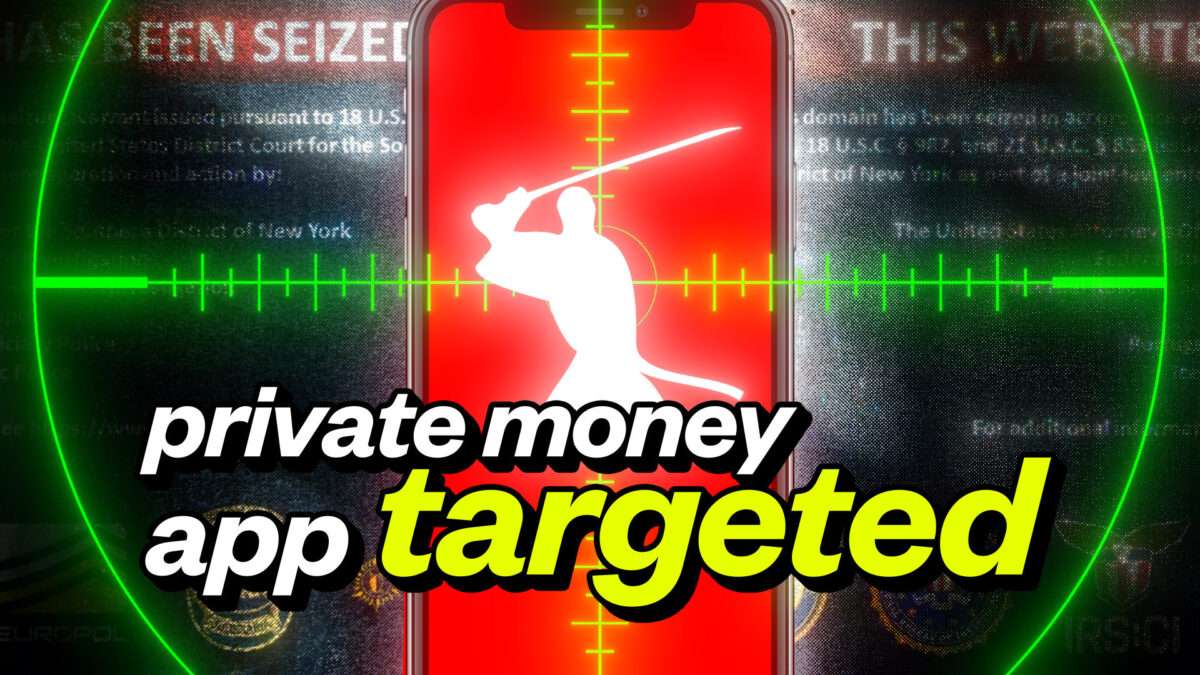Lawmakers Ask DHS Oversight To Look Into Agency Spending On Questionable Shot-Spotting Tech
More bad news for ShotSpotter, which recently re-branded to “SoundThinking” to distance itself from exactly this sort of negative press. Four legislators (three senators, one congressperson) are asking the DHS Inspector General to take a closer look at the tech the DHS is funding via one of its grant programs.
The problem with Spotshotter is it seems unlikely to put a dent in the public’s arsenal. Multiple cities have chosen to dump the tech rather than continue to pay for false positives, altered shot reports, and nonexistent public safety increases.
The problem with the DHS is that it has already started spending money on a portable “Gunshot Detection System.” It’s capitalized for a reason. It’s a bespoke version of a product already offered by a company called [re-reads DHS press release] Shooter Detection Systems — a redesign of its [deep breath] Guardian Indoor Active Shooter Detection System.
According to the DHS’s PR team, the “enhanced” version of this off-the-shelf shot spotter will detect both sounds and light flashes, apparently aiming to reduce the number of false positives generated by acoustic-only detection systems… like the one offered by [coughs at first half of rebrand] SoundThinking, formerly ShotSpotter.
Whether adding “eyes” to “ears” to spot shots has accomplished a reduction in false positives is still an open question. Whether or not the DHS should continue to pay for shot spotting tech — namely the one offered by the former ShotSpotter — is exactly the question these four lawmakers would like the DHS Inspector General to answer.
The question — as posed in this letter [PDF] from Sen. Ed Markey, Sen. Ron Wyden, Sen. Elizabeth Warren, and Congressperson Ayanna Pressley — is a bit leading perhaps. But the question is valid and the lawmakers’ letter contains plenty of evidence that lends validity to the question: should the DHS really be spending federal dollars on grants to local law enforcement agencies seeking to acquire ShotSpotter tech?
Several recent reports have cast substantial doubt on the accuracy and effectiveness of the “ShotSpotter” gunshot detection system and have raised serious questions about its contribution to unjustified surveillance and over-policing of Black, Brown, and Latino communities. Through the Urban Area Security Initiative (UASI) grant program, the Department of Homeland Security (DHS) provides funding to localities to deploy the ShotSpotter system. We request that the DHS Office of Inspector General (OIG) investigate DHS’s spending of taxpayer dollars on ShotSpotter, including potential violations of Title VI of the Civil Rights Act of 1964, which prohibits recipients of federal financial assistance from discriminating based on race, color, and national origin.
And that’s only part of the problem. It’s not even necessarily a ShotSpotter problem per se, but a long-standing problem with law enforcement agencies, who almost always deploy new surveillance “solutions” in low-income neighborhoods, especially those heavily populated by minorities.
The other problem is more technical: the tech just doesn’t work as advertised. Multiple investigations have shown the tech is either (1) unable to reliably detect gunshots, or (2) doesn’t lead to better enforcement of gun-related crime. The cities now dumping the tech say it’s both unreliable and useless. Of course, SoundThinking/ShotSpotter insists otherwise in responses to the latest negative reporting and in its marketing materials, which are still somehow capable of convincing government entities to buy its tech.
That’s where the DHS comes in. It offers grant money to law enforcement agencies — funding that can be used to purchase acoustic gunshot detection tech. The biggest brand in the business is SoundThinking, so naturally that’s where most of this funding goes.
In Massachusetts alone, “UASI [Urban Area Security Initiative] has funded almost a decade of contracts for gunshot detection technology with ShotSpotter in Cambridge, Chelsea, Somerville, and Boston.” Since 2012, according to city records, Boston has spent more than $4 million on ShotSpotter. Elsewhere, municipalities across the country have used UASI funds for the ShotSpotter system. One study found that “[t]hrough an analysis of UASI funding in Los Angeles, Boston, New York City, and Chicago . . . cities spend millions of UASI dollars on contracts with surveillance corporations” such as ShotSpotter.
And what are we getting in return for this combination of federal and local spending? Not much.
The ShotSpotter system’s ineffectiveness has consequences for law enforcement, community response, and the prevention of gun violence. A 2021 study from the Journal of Public Health found “that implementing ShotSpotter technology has no significant impact on firearm-related homicides or arrest outcomes” and that “[p]olicy solutions may represent a more cost-effective measure to reduce urban firearm violence.” Another study from the MacArthur Justice Center at Northwestern University concluded “that more than 90% of ShotSpotter alerts lead police to find no evidence to corroborate gunfire when police arrive at the location ShotSpotter sent them: no shooting, no shell casings, no victims, no witnesses, no guns recovered.
Not great. More bad stuff from studies and reports: 70% of people in neighborhoods with ShotSpotter systems are either black or Latino. 75% of those neighborhoods had annual incomes well below the national median.
As I stated above, this is a cop problem: the long-held biases that subject the same people to any new surveillance option. The rest of it is a ShotSpotter problem: it doesn’t spot shots and it doesn’t stop crime. And yet, millions are being spent on it every year, with some of the funding flowing directly from the DHS.
The main point of this letter, however, is to nudge DHS oversight to take a close look at the end result of this funding in terms of purchasing ShotSpotter tech. The federal government is forbidden from spending money on anything that violates federal laws. And this funding might be doing that. Title VI of the Civil Rights Act of 1964 forbids recipients of federal funding from discriminating on the basis of race, color, or national origin. Does planting most of your shot-spotting mics in predominately non-white neighborhoods violate the Civil Rights Act?
Well, that’s what these lawmakers hope to find out.
For all the preceding reasons, we respectfully request that you open an investigation in DHS’s funding of the ShotSpotter system to determine whether it is an appropriate use of taxpayer dollars, including the critical question of whether such funding may lead to Title VI violations.
It will likely be awhile before we hear back on this. But given what’s already been discovered via studies, public records requests, and investigative journalism, it certainly looks as though cops with this tech are violating the law. And one would expect another investigation into ShotSpotter use is going to turn up more of the same biased policing. If that’s the case, it won’t stop cops from being racist. But it will mean they’ll have to spend local funds to keep minorities under their tech-enhanced thumbs.



